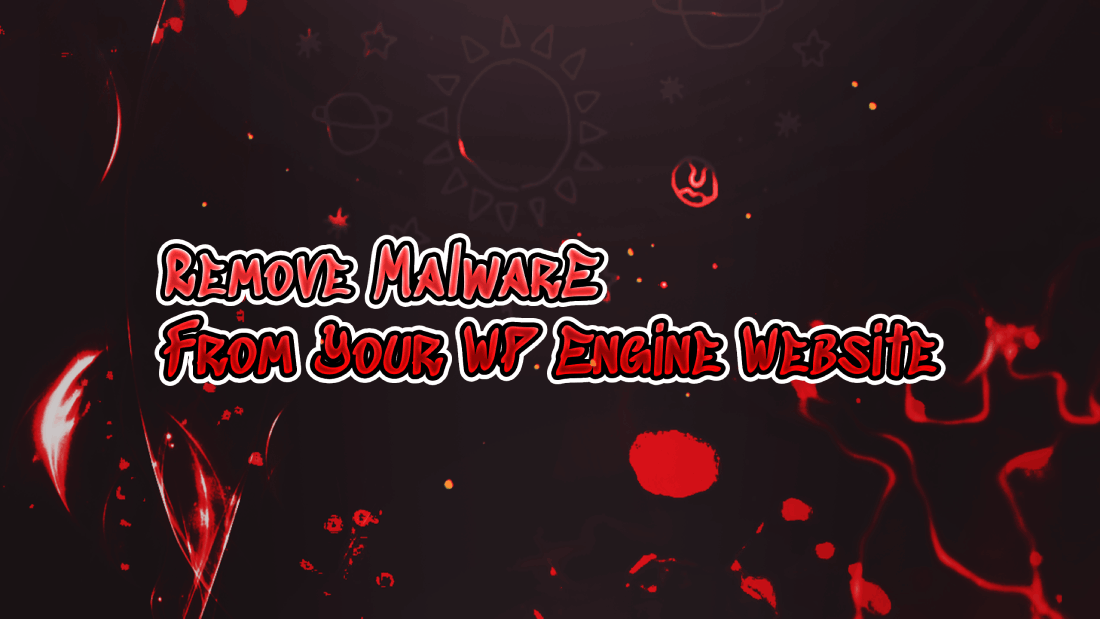How to prevent your website from being added to a spam list
Your website should not be listed on the spam websites list. It is enough to lose some (potential) customers in the short term. However, the real damage to your brand’s reputation may be in the long-term, as search engines and humans will continue to view it. It’s possible to save your website from such a fate. Here’s what you need to know.
Website Spam Test
If legitimate websites are placed on a spam website list, it is usually a sign that there has been a security breach. It is possible to prevent your website from being included in spam websites by ensuring that your security standards are high. These are some helpful tips.
You must ensure that you have full control over your domain
While many hosting companies offer domains for free, it is more secure to purchase your domain from a domain registry. This way you have complete, direct control of your domain. If you take the necessary precautions, you will have complete control. Use a strong password and two-factor authentication to protect your account. Also, lock your domain so that any important actions, such as transfers, can be verified.
Last but not least, keep track of the date your domain expires. Although your domain registrar will most likely remind you, these reminders could end up in junk mail. You may miss the deadline and your domain could be sold to someone else. There is nothing you can do except to hope they sell it back.
It’s a good idea, for completeness, to ping an unoccupied IP address every so often. It’s possible it won’t be resolved. It is possible that your domain was hijacked by DNS. If this happens, you will need to check for malware on your router. Although it will not cause your site to be listed as spam, the attack can divert traffic away from your site. However, it will do you no good so you must stop it as soon as you can.
Select a host that prioritizes security
You can in principle self-host your website. However, this is likely to pose too many security and technical challenges for most SMBs. A third-party host vendor is generally more practical. It’s important to select them carefully. Priorities should include security, uptime, and page load time. Technical support and customer service should also be top priorities. The price should be considered only after that.
Although price is a factor in all decisions, it is important to understand the details and how they work in practice. A dedicated server, for example, maybe more expensive, but it offers an insurance policy that your website will not be affected by security breaches by others. You can do whatever you like without being asked. You can also buy as much bandwidth as your budget will allow you to protect yourself from DDoS attacks and make your website easier to use.
Invest in a vulnerability scanner for your website
There is a wide range of website vulnerability scanners on the market and each vendor will have its own take on the concept. Any decent product should include both an anti-malware scanner as well as a web application firewall. These tools are essential for an effective website defense.
You might also want to consider signing up for a DDoS mitigation service. Basically, these services activate when a DDoS attack is detected, whereupon they assist your regular firewall. Although DDoS attacks won’t put your website on a spam list, they will not do any harm.
For completeness, your local computers and mobile devices also need security protection. Even though you don’t store login credentials, they could still be used to steal your login details. In addition to a robust anti-malware solution with an integrated firewall, you also need a VPN for remote and mobile users.
Make sure all of your software is up-to-date
Security software assumes that your software is up-to-date. You must do this because outdated software can be a security risk.
Please click here now to have your website scanned, for free, by cWatch from Comodo.














